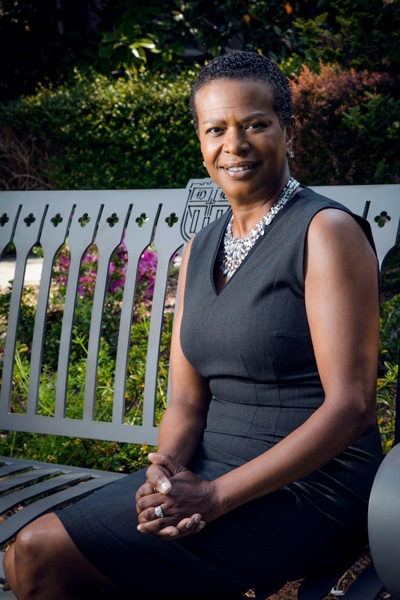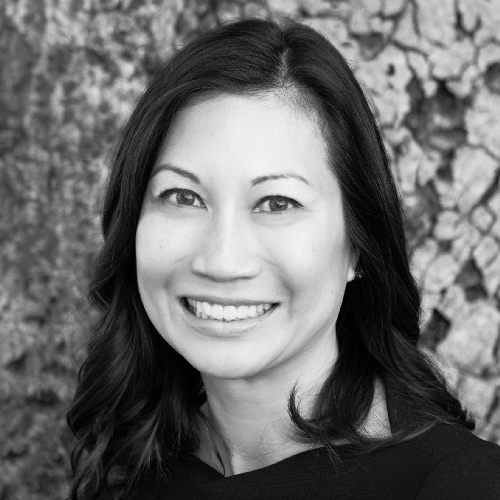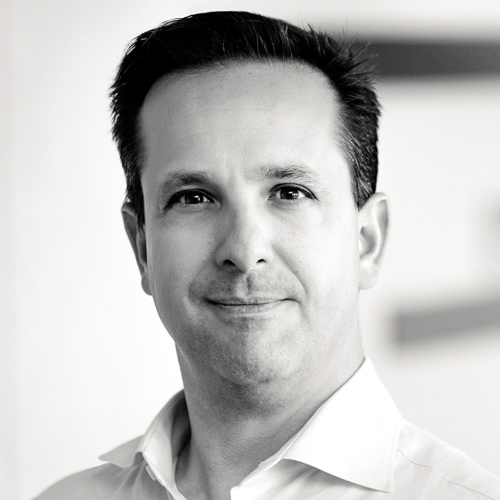When Rhonda Brandon arrived at IBM in 1981 as a new college graduate, she noticed one executive who was always prepared, kept her cool, and effortlessly navigated conflict. She simply radiated confidence and competence. “She was adored by all, and I wanted to be just like her,” Brandon says. With so few female African American leaders available to guide their younger colleagues at the time, Brandon decided she had to have the woman for a mentor. Brandon worked up the nerve to walk into the executive’s office to ask.
“She looked at me, and I eagerly awaited her response,” Brandon recalls. “And she said, ‘I don’t do that.’”
Following that deflating moment, Brandon made two resolutions. First, she decided to become a student from afar. “I would find my way into meetings where she was going to speak. I watched her mannerisms, and I listened to her articulate tough subjects,” Brandon says. “She was always so graceful and, through practice, I learned to make many of these professional attributes my own.”
Second, Brandon decided that she would be different. If a young colleague asked her for mentorship, she would find the time to invest in them. This closely aligns with Brandon’s personal mission: to set the stage so that others might shine. Since then, mentoring has become her passion, and she has developed a rich history of advising her employees.

For example, while working at a pipeline company in Atlanta, one of the few female engineers sought out Brandon for help. She wanted to trade in her engineering career to become a human resources professional. They made an instant connection. Together, they focused on transforming her professional presence; they collaborated on HR projects to expose her to the profession, and Brandon found opportunities to help her gain visibility with executive leadership. But the highly skilled engineer’s supervisors were hesitant to give her an opportunity in HR, arguing that she was already adding the best value to the company as an engineer. Brandon persuaded them that they needed to give her the chance, or else another organization would.
“I think I just wore them down,” she says. “I encouraged my mentee to share her own story with her leaders, and that was the compelling differentiator.” That young engineer eventually earned a position in HR and has enjoyed a spectacular career trajectory. She now serves as vice president of human resources at a large human resources management services company.
Another of Brandon’s mentees was recently awarded an expanded role. He came to her needing a listening ear and a wise word. As he shared his hopes, his fears, and what he considered his failures, Brandon revealed that she shared many of those same experiences. That, she says, unlocked a new perspective for him. He gained a new sense of his career’s possibilities. Now when they meet, she notes that he has a different energy and exudes increased confidence.
But Brandon doesn’t just help others succeed. She has accumulated her own impressive list of professional accomplishments throughout her career as well.
When Brandon arrived at her first healthcare organization in 2006, she realized that this industry tended to rely on traditional HR practices. She and her team members, many of whom came from other industries, encouraged the adoption of more contemporary strategies. With the healthcare industry undergoing profound, rapid, and unpredictable changes, advancing the approach to managing human capital is more crucial than ever, she says. “Our patients are sicker, regulatory measures have increased, the ACA has transformed the way we deliver care, and we must compete for talent differently,” she says.
“The best-designed mentoring experiences are like matchmaking: you have to make sure that the chemistry works.”
Because of the uncertain future of healthcare, Brandon has primed her current employer, Duke University Health System, to focus further on developing its talent, particularly its leaders. As part of a multiyear human capital plan, she is partnering with operations leaders to enhance the effectiveness of their leaders at all levels, and mentoring will be a key component of that strategy.
Although HR can offer an array of mentoring programs and processes, Brandon emphasizes that the tools and trappings of an institutional program are no substitute for genuine, organic connections between people invested in each other. “Sometimes when you put those ‘check-the-box’ programs in place, you’re not allowing those relationships to form organically,” she says. “The best-designed mentoring experiences are like matchmaking: you have to make sure that the chemistry works.” Mentoring programs provide clarity and structure, but they can’t replace the ultimate objective of awakening leaders to their potential and providing the guidance they need to fulfill it.
Brandon has enjoyed tens of mentoring relationships, some at Duke Health, and a number of other long-term connections from previous organizations. Her assistant often tells her that she doesn’t have time—there’s just no room on the calendar—but she makes sure to find space somewhere amid her other organizational priorities.
“This is a passion of mine,” she says. “I really believe I have added value to many in achieving their goals, and these same people have poured into me. They teach me, and they keep me young. They keep me in touch with what’s going on in our organization—and the world.”


